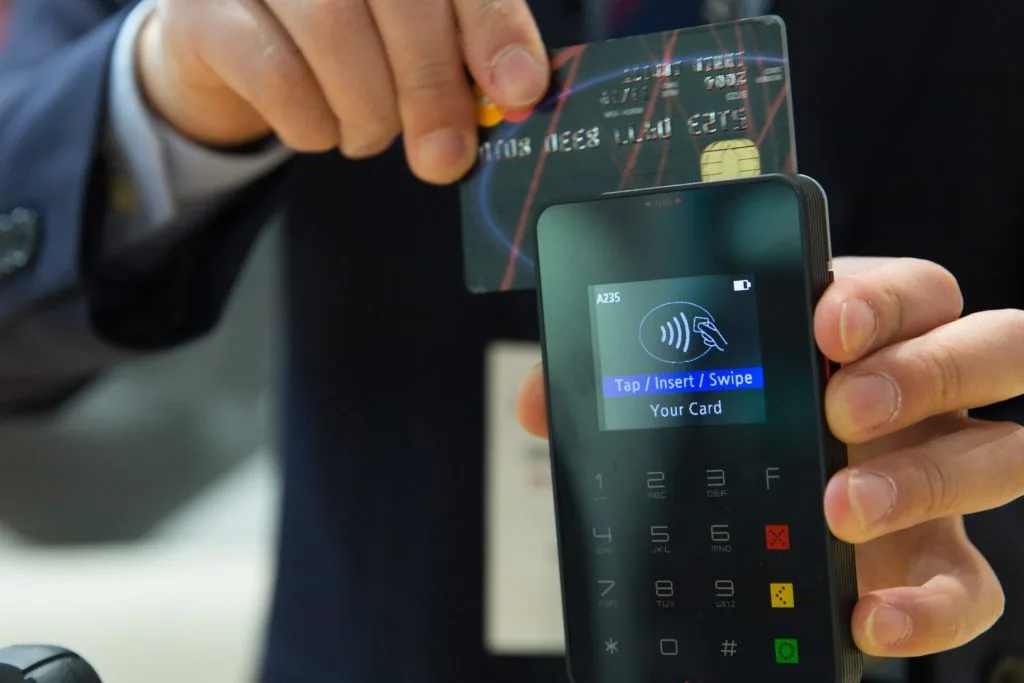
PSR publishes final guidance on identifying APP scams and civil disputes

By Sonya Zywko, James Gliddon, Tom Bradley
26 Sep 2024 | 2 minute read
Following their draft guidance published in July, the Payment Systems Regulator ("PSR") has published its policy statement and final guidance on "Supporting the identification of authorised push payment ("APP") scams and civil disputes" ("the Guidance").
The PSR has previously indicated that civil disputes are not reimbursable under the new reimbursement requirements for APP fraud ("APP Reimbursement Requirement") (which are due to come into force on 7 October). This Guidance aims to assist payment service providers ("PSPs") to distinguish between APP scams that are reimbursable under the APP Reimbursement Requirement and civil disputes to be determined in the civil courts.
In this article, we summarise the key factors identified by the Guidance that PSPs should consider when determining whether a claim is a reimbursable APP scam or a civil dispute and the steps that can be taken to assess this.
For more detail on the APP Reimbursement Requirement rules, please see our recent article.
The Guidance:
The PSR has acknowledged that on occasion, the PSP will be able to easily distinguish between APP scams and a civil dispute, however, where it is unclear the following factors have been identified:
The PSP should consider the nature and type of communication between the alleged scammer and the customer, in particular, the content, frequency and duration.
For example, if the alleged scam involves fraudsters posing as private individuals in an online marketplace, the PSP should look at the nature of any adverts and the market price of the goods/services amongst other factors to determine whether a reimbursable APP scam has taken place.
PSPs should consider the trading status of the scammer at the time of payment and whether this is indicative of a scam. To help determine if an entity is trading legitimately, a PSP may look to information held on or by the Financial Services Register, Companies House, and Trading Standards.
Importantly, PSPs should be aware that the fact an entity has been registered at Companies House may not be enough in isolation to evidence that the company is trading legitimately. Their trading status will instead need to be considered holistically; alongside the other sources of information available. For example, a warning on the FCA register, suggesting consumers have been contacted by a cloned investment firm, would indicate a reimbursable APP scam has taken place.
In relation to peer-to-peer transactions, customer reviews should be investigated alongside other available evidence to ascertain whether a private seller is legitimate.
PSPs should also consider whether the alleged scammer has the capability to deliver the goods/services which are subject to the payment. In particular, the PSP should evaluate whether there was an intent to defraud the customer or if there is a scenario whereby the scammer could provide the goods/services, which may indicate it is a commercial transaction that has gone awry. When making this assessment, the PSP should consider the extent to which the alleged scammer deceived the sender and acted dishonestly as to the intended purpose of the payment.
The PSR has made clear that dishonesty alone is not sufficient to conclude a reimbursable APP scam has occurred. The Guidance indicates that the dishonest behaviour must also impact the intended purpose of the payment.
The Guidance has also provided examples of scenarios where this may apply:
- Non-receipt of goods does not on its own indicate that a reimbursable APP scam has taken place. Similarly, if the goods are not as described, damaged or of poor quality and there is no evidence of intent to defraud (in considering all other factors), then it is likely to point to a civil dispute.
- A customer receiving a “return” on their investment, does not definitively determine that the claim is a civil dispute, particularly if these returns are paid from funds from investors in the context of a Ponzi scheme or other investment scam.
Receiving PSPs may hold information indicating whether a reimbursable APP scam or civil dispute has taken place. When this is the case, they should share relevant information with the sending PSP (where possible) and provide an indication as to the assessment they have made regarding the claim. The sentiment of encouraging institutions to work collaboratively to tackle fraud has been echoed by Andrea Bowe, director of the specialist directorate of the FCA, earlier this month in her speech at the Westminster Legal Policy Forum.
The Guidance outlines the following broad categories of information which could be shared:
- Account opening information
- Account history and usage
- Any markers on the account
- Any previous fraud claims
- Information gathered from the account holder or from other third parties.
The Guidance makes it clear that these factors are not exhaustive, and a claim does not have to satisfy each factor to be considered a reimbursable APP scam or a civil dispute.
Principles of Assessment
In the Guidance, PSPs are expected to take a "proportionate approach" to validating claims based on the relative complexity and the value of the fraud that has taken place. The extent of the investigation should therefore reflect the nature of the claim.
The Guidance emphasises the importance of treating each claim independently and in isolation. To help guide PSPs in their assessment when investigating, the Guidance has outlined five core principles that PSPs should look to engage with:
- All PSPs should consider each claim and payment on its own merits;
- All PSPs should consider the circumstances leading up to the disputed payments;
- The sending PSP should consider all available relevant information when assessing the claim;
- The sending PSP should make best efforts to gather relevant information in a timely matter; and
- The receiving PSP should provide accurate and complete information where requested or material about the receiving account and the account holder.
Importantly, when a PSP believes the claim is a civil dispute, then the onus is on them to demonstrate why and communicate their reasoning clearly to the customer, having regard to the Guidance.
Next Steps
It is important that all in-scope PSPs familiarise themselves with the Guidance before the new APP Reimbursement Requirement comes into force. Whilst the Guidance does not form part of Specific Direction 20 or 21, it is intended to support PSPs' compliance with the legal requirements. The PSR has indicated that the extent to which a PSP can demonstrate it has had regard to the Guidance will be a key consideration when assessing their compliance.
If you would like to discuss the impact of this PSR Guidance or the implementation of the reimbursement requirement for APP fraud in more detail, please contact a member of the team below.









